After a recession, the German economy is expected to recover in the coming months, with a bright spot being inflation falling to 3% year-on-year in October, data released by the German Federal Statistical Office (Destatis) showed on October 30.
According to Destatis, price pressures in Germany were at their weakest since June 2021, surprising economists who had forecast 3.3%. Bloomberg Economics expects inflation to fall further to 2.8% in November.
Europe's leading economy shrank by 0.1% in the third quarter of 2023 compared to the previous quarter. However, experts predict that recovery will begin soon.
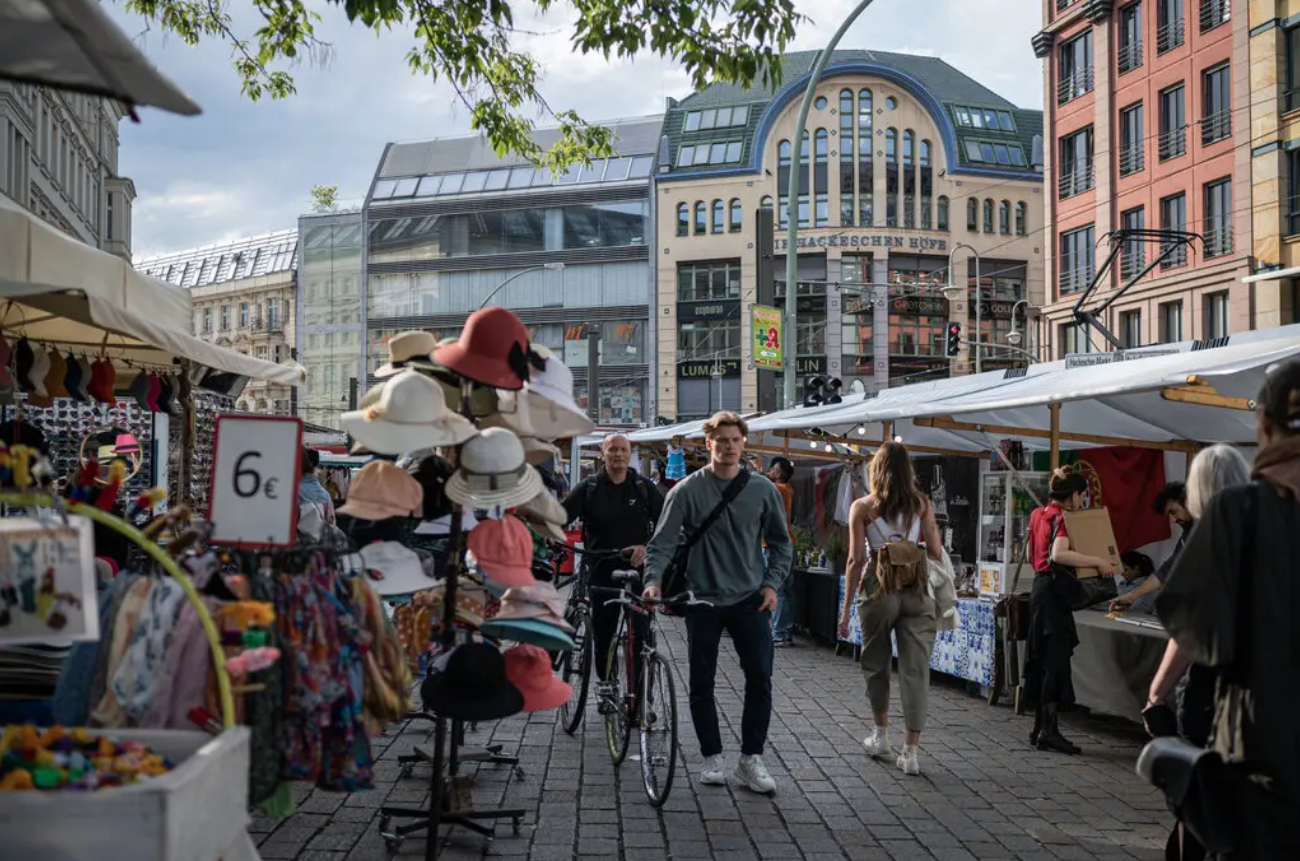
Shoppers in Berlin. Price pressures in Germany are at their weakest since June 2021. Photo: NY Times

“The German economy hit rock bottom in the summer, and things will gradually pick up again starting in the fall,” Timo Wollmershäuser, head of economic forecasting at the Ifo Institute for Economic Research, said in a statement.
Mr Wollmershäuser's comments were based on a survey of businesses conducted by Ifo, which showed that business sentiment was more positive than in previous months.
“In particular, the outlook for the coming months has brightened, but companies are also assessing their current situation somewhat better,” said Wollmershäuser.
Meanwhile, inflation, as measured by the European Central Bank’s (ECB) balanced consumer price index, fell to 3% year-on-year in October and is expected to fall further, with prices of items such as energy – which have been hit hard by the pandemic and the war in Ukraine – expected to fall further. However, core inflation, which excludes volatile energy and food prices, remained higher at 4.3% in October.
Crucially, as export-oriented industries can pass on higher production costs to overseas customers, wages can rise faster than prices, boosting private consumption, the Ifo institute said.

A Volkswagen employee carries out a quality control check at the company's electric car factory in Zwickau. Photo: The Guardian
However, business representatives are more cautious. For example, Martin Wansleben of the German Chamber of Industry and Commerce (DIHK) said that “there are no foreseeable signs that the recovery can continue on its own.”
“The frustration in companies is huge. There are always new regulations for companies. Ultimately, these things reduce productivity,” Mr. Wansleben said.
“In addition, electricity prices are almost three times higher than in 2020,” Mr. Wansleben added, calling on the government to cut taxes and fees on electricity.
Most companies are struggling to recover from last winter’s energy-induced downturn, hit by higher borrowing costs and weak export demand. Chemical giant Lanxess AG said it would cut 7% of its workforce this month, while Volkswagen AG said it would double its savings to boost profits .
Minh Duc (According to Euractiv, Bloomberg)
Source








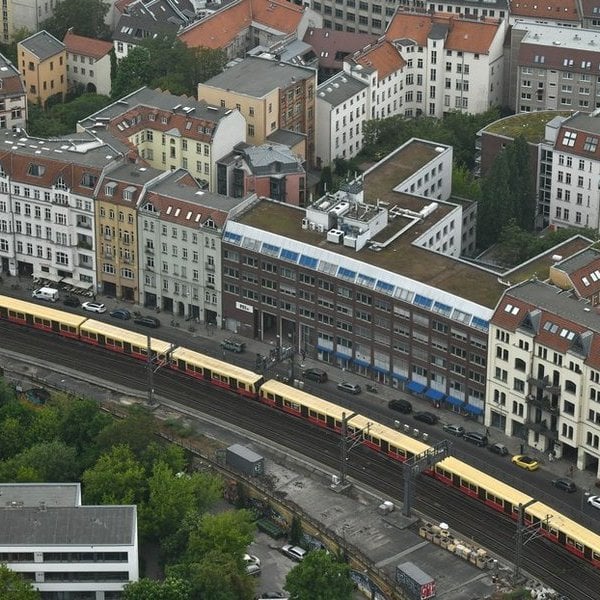
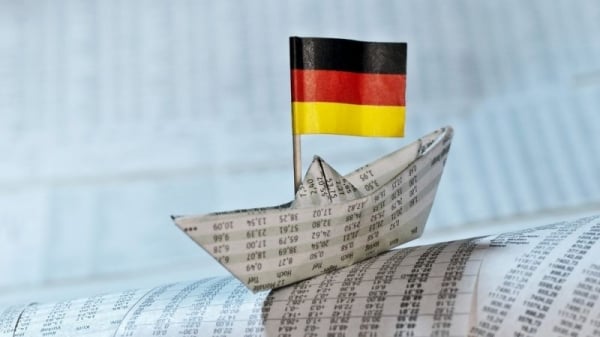

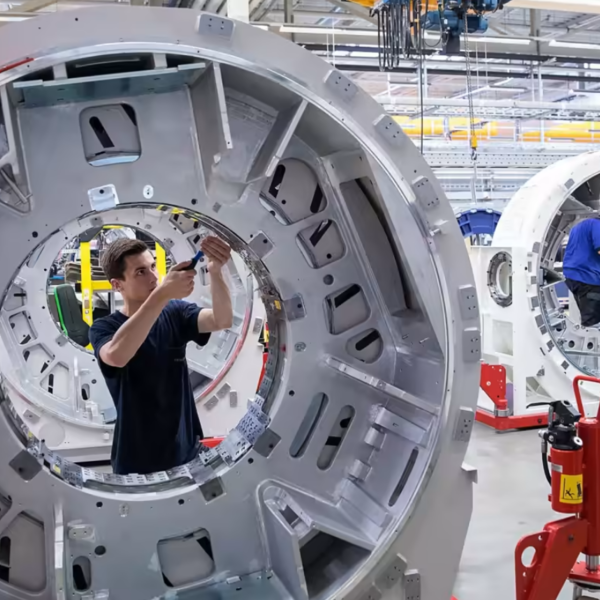


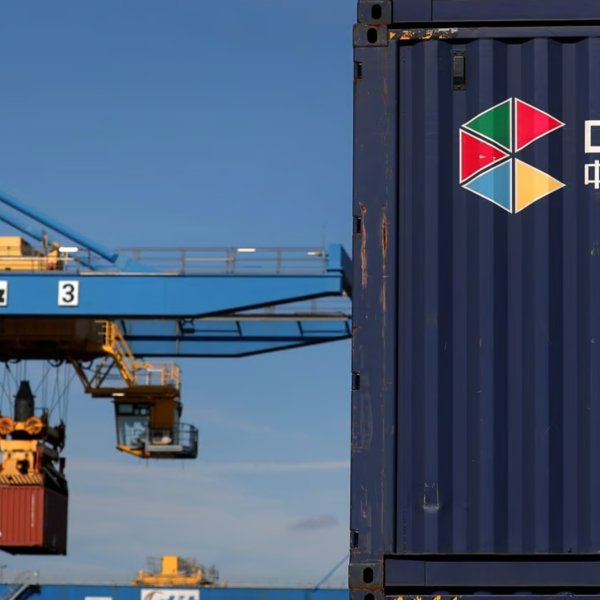










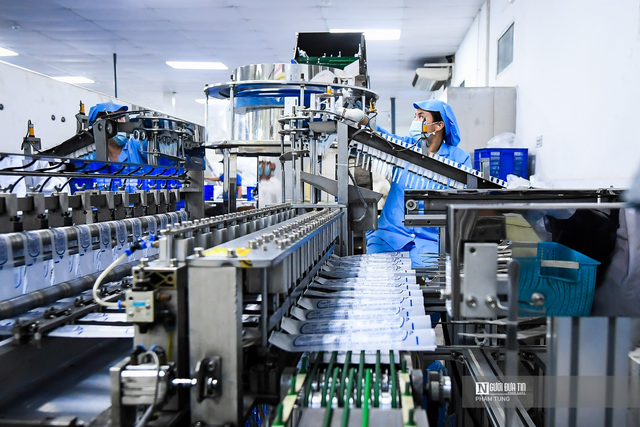











![[Photo] Prime Minister Pham Minh Chinh chairs Government Conference with localities on economic growth](https://vstatic.vietnam.vn/vietnam/resource/IMAGE/2025/2/21/f34583484f2643a2a2b72168a0d64baa)




























































Comment (0)